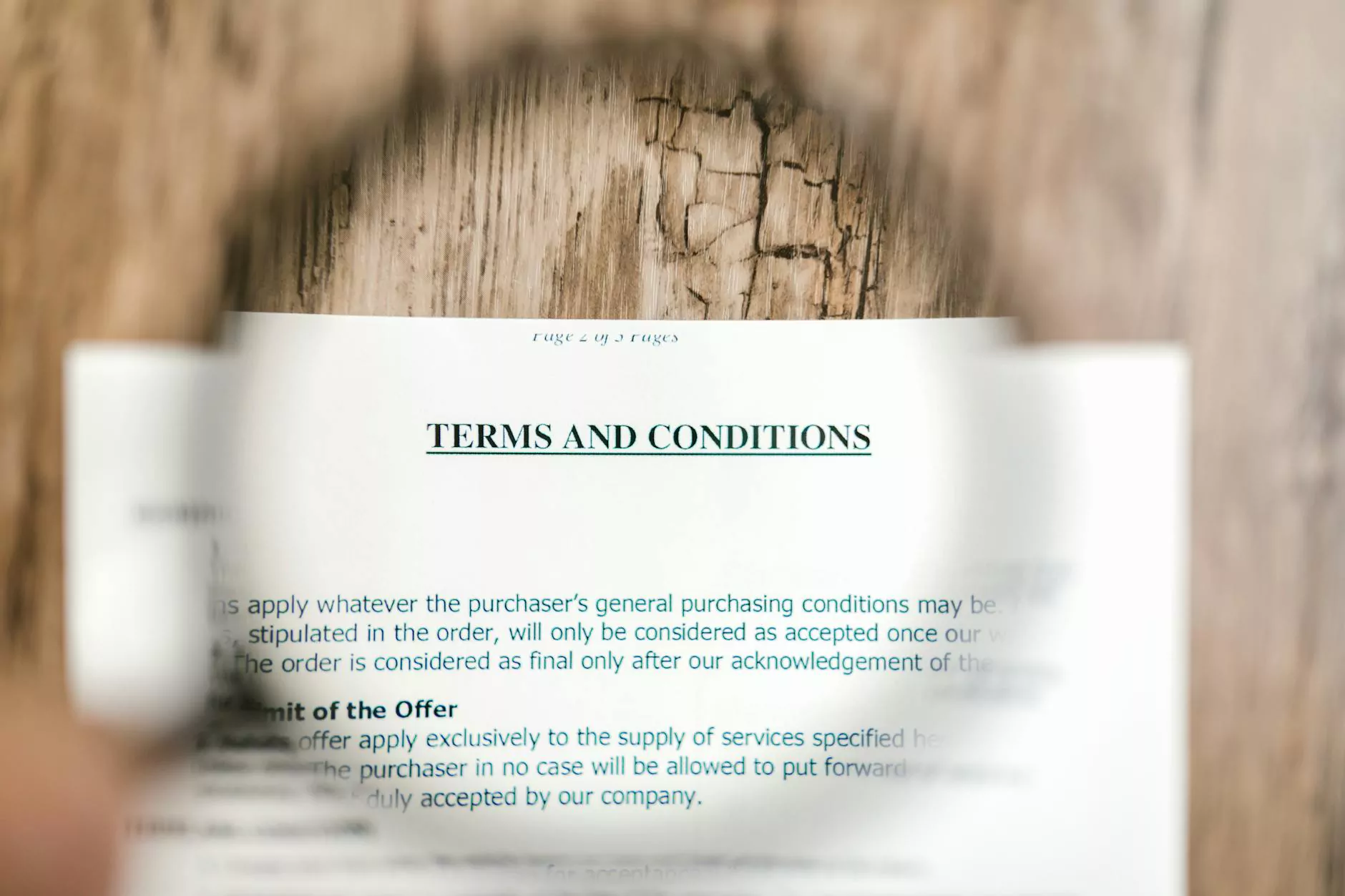Email Compliance: A Comprehensive Guide for Businesses

In today's fast-paced digital world, email compliance has become an essential aspect of conducting business. With stringent regulations and a growing demand for data protection, organizations must ensure that their email communication adheres to legal standards and industry best practices. This article will delve deeply into the significance of email compliance, the regulations governing it, best practices, and how businesses can effectively manage their email communications in the context of IT services and security systems.
The Importance of Email Compliance
Email is a primary communication tool in many organizations, serving as a virtual backbone for collaboration, information sharing, and client interaction. However, without compliance, the risks can be significant. Here are a few reasons why email compliance is crucial for businesses:
- Legal Obligations: Many jurisdictions have enacted laws that govern email communications, such as the CAN-SPAM Act in the USA and GDPR in Europe. Non-compliance can lead to hefty fines.
- Data Security: If emails are not compliant, sensitive information may be exposed, leading to data breaches and loss of client trust.
- Reputation Management: Compliant email practices contribute to building a reputable brand image. Companies that respect client privacy boost their credibility.
- Operational Efficiency: Having a clear email compliance strategy streamlines operations, reduces risks, and establishes a clear framework for all employees.
Understanding Email Compliance Regulations
Several laws govern email marketing and communication. Understanding these regulations is essential for ensuring compliance:
1. CAN-SPAM Act (USA)
The Controlling the Assault of Non-Solicited Pornography And Marketing (CAN-SPAM) Act lays out the rules for commercial email. Key requirements include:
- Clear and conspicuous identification of the message as an advertisement.
- Including the sender's physical postal address.
- Providing a clear opt-out mechanism for recipients.
- Honoring opt-out requests promptly.
2. General Data Protection Regulation (GDPR) (EU)
GDPR is a comprehensive regulation governing data protection in the European Union. Email compliance under GDPR means:
- Obtaining explicit consent from individuals before sending marketing emails.
- Providing recipients with clear information about how their data will be used.
- Allowing easy access to users' rights regarding their data.
3. The California Consumer Privacy Act (CCPA)
This law enhances privacy rights and consumer protection for residents of California. Businesses must:
- Disclose how personal information is collected and used.
- Provide an option for users to opt-out of the sale of their personal data.
Best Practices for Achieving Email Compliance
To navigate the complexities of email compliance, businesses should implement best practices that align with legal requirements and foster trust with clients:
1. Maintain Consent Records
Keeping detailed records of how and when consent was obtained for sending emails is crucial. This documentation can protect your business in the event of disputes.
2. Clear Privacy Policies
Develop a transparent privacy policy that clearly communicates your business practices regarding email communications and data usage. Ensure that it is easily accessible to clients.
3. Use Double Opt-In Methods
A double opt-in process requires users to confirm their subscription, ensuring that only those genuinely interested in your emails receive them. This method increases engagement and reduces the likelihood of spam complaints.
4. Provide Easy Unsubscribe Options
Every email should contain a prominent and straightforward way for recipients to unsubscribe from your communications. This practice not only complies with regulations but also shows respect for your audience's preferences.
5. Regularly Update and Clean Your Email Lists
Routinely remove inactive or unengaged subscribers from your email list. Maintaining a clean email list not only helps with compliance but also improves your email campaign performance.
How Spambrella Supports Your Email Compliance Needs
At Spambrella, we understand the intricacies of email compliance and the challenges businesses face in maintaining it. Our suite of IT services & computer repair and security systems is designed to enhance your email compliance efforts. Here’s how we can help:
1. Compliance Solutions
We offer comprehensive solutions that ensure your email communications meet all applicable regulations. Our systems are designed to safeguard your email data and ensure compliance with both local and international laws.
2. Training and Resources
We provide training programs and resources for your staff on the importance of email compliance, best practices, and the legal landscape. An educated team is your first line of defense against potential violations.
3. Risk Assessment and Management
Our experts can conduct thorough assessments of your current email practices and identify potential risks. We help you create a bridge between compliance and operational efficiency.
Conclusion
In conclusion, email compliance is not just a regulatory requirement; it is an essential component of good business practice, trust-building, and operational efficiency. As email communication grows in importance, businesses must stay ahead of compliance challenges to protect their data and reputation. By understanding the relevant regulations, implementing best practices, and seeking expert support from organizations like Spambrella, companies can navigate the complexities of email compliance effectively. For a comprehensive approach to IT services & computer repair and security systems, choose Spambrella to secure your email communications.









